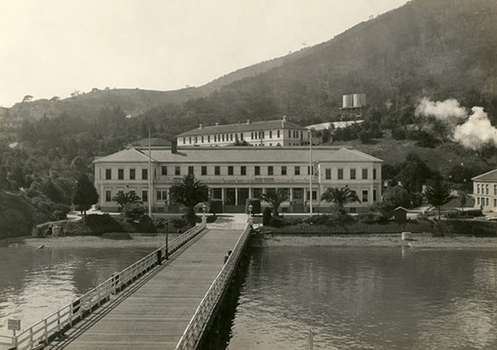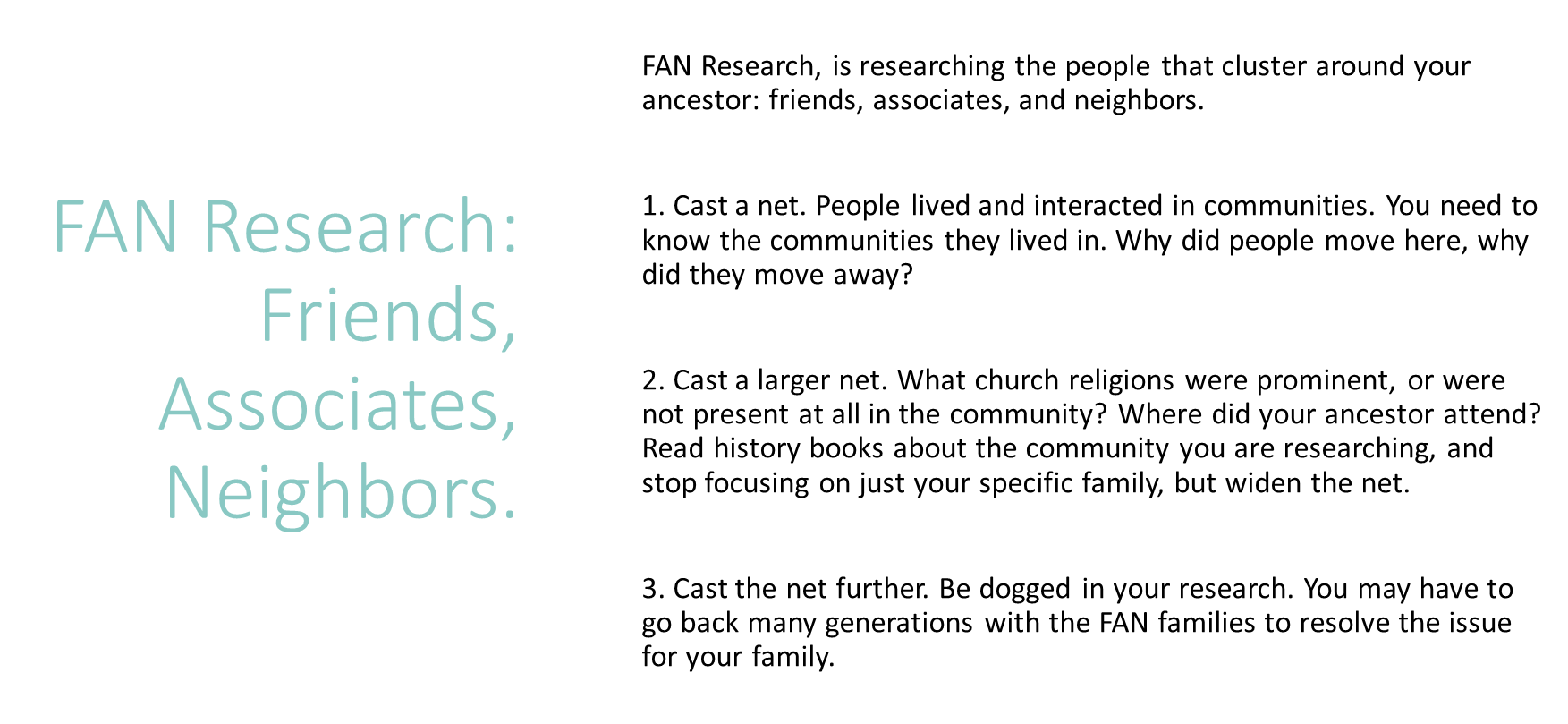from The Florida Mirror, December 2, 1882 The Times takes the Mirror to task on the subject of expensive and extravagant court-houses. Economy in public expenditures has been made a cardinal principle in the platforms of both political parties. It is either a principle of universal application, and has a practical application to the affairs of the National Government, the State, county and city governments, or else is a meaningless and hypocritical utterance, a glittering generality to be laid aside whenever a practical question comes up. Grover Cleveland, after Buffalo had suffered a long period of extravagant and reckless financial mismanagement, was elected mayor. He gave practical shape to measures of reform, cut down extravagant expenditures, vetoed improper ones, and made a clean record upon the issue of an economical administration. The unmistakable verdict of the country in the recent elections is in favor of economy in public expenditures. What then, is economy? Webster defines it: “Economy avoids all waste and extravagance, and applies money to the best advangage.” Courts are a part of the necessary machinery of government, and court-rooms for the hearing of causes, and jury-rooms for the private consideration of verdicts, have to be provided. It has been the fashion, particularly in the West, to make this necessity for courtrooms a protest for building extravagant and costly buildings to ornament new towns, and give greater value to real estate in its vicinity. Macoupin county, Illinois, some years ago built a court-house costing over $100,000, and issued its...





